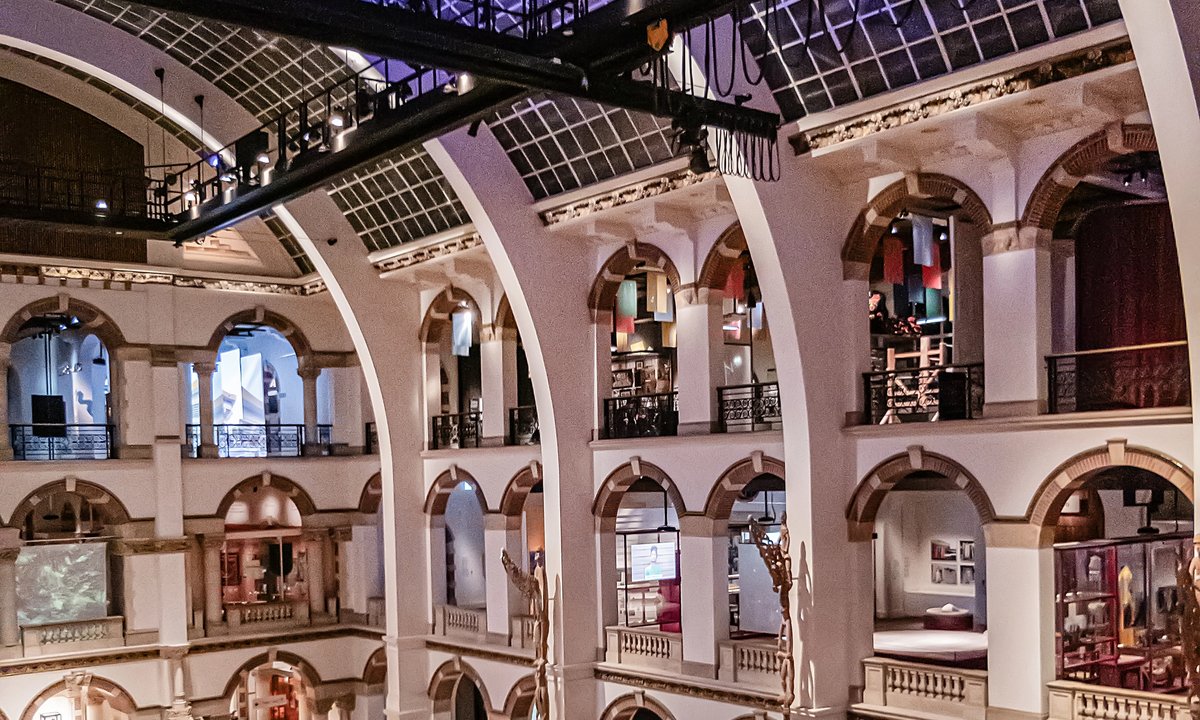
"We have chosen not to show any human remains. And that is a push with a lot of different museums. For us it is a complex story because physical anthropology is one of the important departments."
"The Dutch government is a front-runner in 'involuntarily lost by the countries of origin', but has not yet published guidelines on human remains, which range from unidentified skulls to a Surinamese newborn baby."
"Modest said that one of the ongoing questions for the museum is whether, in future, it could create a space for 'ritual practices, where people can come and be with their ancestors' or 'a space that is respectful, until a solution is found'."
"The exhibition, which opened in May, includes commissions from modern artists as well as insights from a four-year international research programme, examining how colonial artefacts were acquired in the name of science."
The Wereldmuseum Amsterdam is addressing the contentious issue of ethically managing human remains collected during the Dutch colonial era. At the opening of the exhibition "Unfinished past: return, keep, or...?", director Wayne Modest announced the museum's decision not to publicly exhibit human remains and to seek respectful housing solutions. He proposed creating a space for ritual practices for people's ancestors as a temporary measure. The exhibition includes various contemporary artworks and reflects on the museum's colonial past and contemporary ethical dilemmas, invoking critical discussions about the restitution of human remains.
Read at Theartnewspaper
Unable to calculate read time
Collection
[
|
...
]